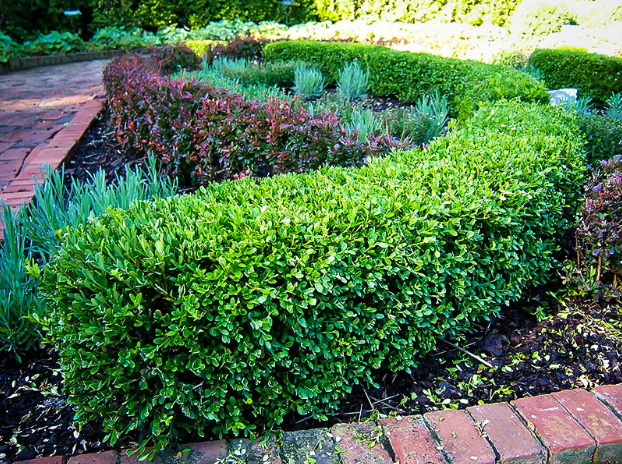Sustainability has become one of the most important considerations in modern gardening. Homeowners, landscapers, and even community planners are seeking ways to design outdoor spaces that are both beautiful and environmentally responsible. Whether you’re cultivating a small balcony garden or managing a large landscape, expert advice from a trusted plant nursery can help you achieve your goals. Nurseries do more than just sell plants—they provide knowledge, guidance, and eco-friendly options that allow gardens to flourish while reducing their environmental footprint.
Why Sustainability Matters In Gardening
Climate change, limited water resources, and urban development all make sustainable practices critical. By selecting plants and gardening methods that align with local conditions, gardeners can reduce waste, conserve water, and support biodiversity. A professional plant nursery often carries native and drought-tolerant species that thrive with less intervention, making them ideal for eco-conscious gardeners.
Beyond reducing maintenance, sustainable gardens contribute to healthier ecosystems. Pollinator-friendly flowers, shade trees, and hardy groundcovers create habitats for birds, bees, and butterflies while also improving soil and air quality.
Choosing The Right Plants For Your Climate
Selecting species suited to local weather and soil conditions is one of the most effective ways to practice sustainability. A knowledgeable plant nursery provides guidance on what will grow successfully in your region, eliminating guesswork and reducing the risk of wasted resources.
For hot, dry climates, drought-resistant shrubs and succulents are recommended. In cooler regions, perennials that withstand seasonal shifts ensure long-term growth. Nurseries also advise on companion planting, where species are paired to enhance each other’s growth, deter pests, and reduce the need for chemical inputs.
Water Conservation Practices
Water efficiency is at the heart of sustainable gardening. Even in areas with plentiful rainfall, reducing excess water use benefits both the environment and your budget. Many plant nursery experts recommend practices such as:
- Installing drip irrigation systems for targeted watering.
- Collecting rainwater in barrels for reuse.
- Grouping plants with similar water needs to prevent overwatering.
- Adding mulch around roots to retain soil moisture and regulate temperature.
By combining drought-tolerant plants with smart irrigation strategies, gardeners ensure lush, resilient landscapes that stand up to climate extremes.
Soil Health And Composting
Healthy soil forms the foundation of every sustainable garden. Nurseries often emphasize soil testing to identify nutrient deficiencies and recommend organic amendments to restore balance. Composting is another valuable practice that reduces kitchen and yard waste while enriching the soil naturally.
A professional plant nursery may also suggest cover crops or green manures to protect bare soil during the off-season. These practices increase organic matter, improve drainage, and reduce erosion, ensuring that plants grow strong and healthy with minimal reliance on chemical fertilizers.
Supporting Biodiversity
One of the greatest benefits of working with a professional nursery is access to a diverse range of plants. Diversity in the garden helps attract beneficial insects, improves pollination, and reduces the likelihood of pest outbreaks.
Nurseries encourage the use of native species because they are already adapted to local conditions and require fewer resources to thrive. Incorporating a mix of flowering plants, shrubs, and trees supports biodiversity at every level of the ecosystem.
Conclusion
Sustainable gardening isn’t about sacrifice—it’s about making smarter choices that benefit both the environment and your garden’s long-term health. By consulting with a knowledgeable plant nursery, homeowners and landscapers gain access to eco-friendly plants, expert advice, and practices that promote resilience and beauty in outdoor spaces. From water-saving techniques to soil enrichment and biodiversity, sustainable gardening ensures that every green space contributes positively to its surroundings.
When selecting shrubs and hedges for low-maintenance landscaping, species like the privet wax leaf privet provide durability and structure while supporting sustainable design. With the right plants and practices, every gardener can create a thriving, eco-conscious space that stands the test of time.





